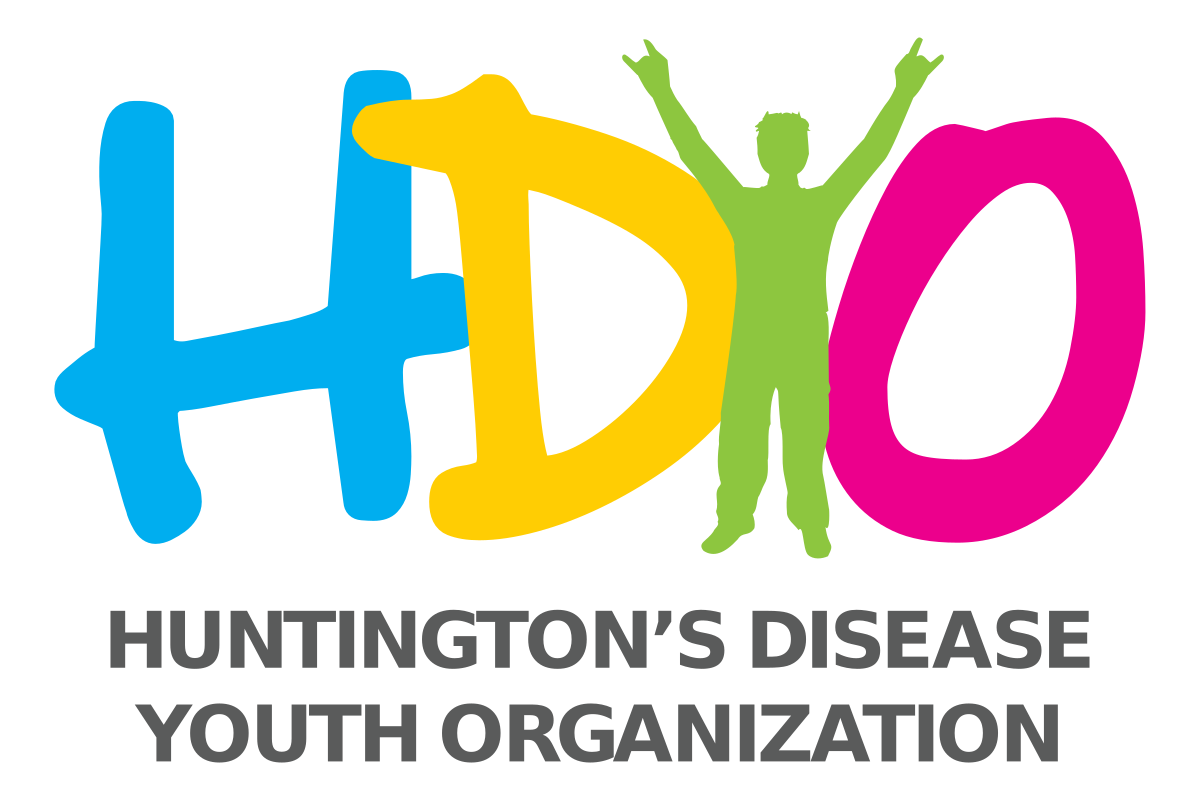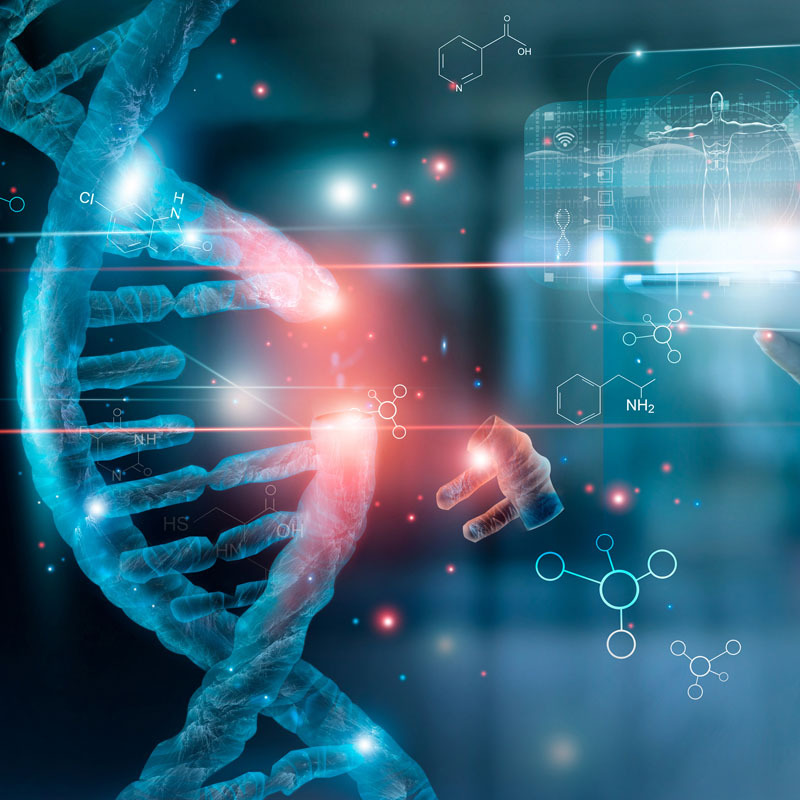Understanding HD Stigma
October 25, 2025

HDYO has more information about HD available for young people, parents and professionals on our site:
www.hdyo.org
*Reviewed by Education and Research Committees 2025
Huntington’s disease (HD) is more than a medical diagnosis. It carries a history of misunderstanding, silence, and stigma. For many, physical, cognitive, and psychiatric symptoms are only part of the challenge. The social consequences, misconceptions, judgment, and fear can be equally devastating. Stigma doesn’t just affect individuals; it ripples through families, communities, and healthcare systems. It shapes the way people talk about HD, seek care, and envision their futures. Understanding where this stigma comes from is the first step toward dismantling it.
What Is HD Stigma?
HD stigma stems from a combination of misinformation, fear, and cultural silence. Misunderstandings about the disease’s symptoms, such as involuntary movements, mood changes, or cognitive decline, often lead outsiders to make harmful assumptions about a person’s abilities, personality, or behavior. These misconceptions can be reinforced by limited public awareness and a lack of accurate information.
For generations, many families affected by HD have kept the diagnosis hidden. Some reasons may be to protect loved ones from discrimination, other times due to deep-rooted shame. In some communities, the presence of HD has been a closely guarded secret, passed down only in whispers. While intended as self-protection, this silence has allowed myths and stigma to persist.
Here are some common stigmas faced by HD community
Social and Familial Stigma: There can be a deep-seated shame and fear that causes families to hide HD, sometimes for generations, leading to people being excluded or forgotten
Workplace Discrimination: Individuals may fear losing their jobs or facing discrimination from employers, due to their genetic status or symptoms.
Public Misunderstanding: Physical symptoms like chorea (involuntary movements) are often mistaken for being intoxicated, under the influence of drugs, or having a mental illness, leading to judgment and ridicule.
Medical & Clinical Stigma: Many healthcare professionals lack knowledge about HD, leading to poor advice, denial of care, or dismissal of significant mental health symptoms.
Decisions About Families & Reproduction: People impacted by HD face personal and difficult choices about genetic testing and family planning. They often receive unsolicited opinions and judgments from family, friends, and even medical professionals regarding these choices.
Internalized Blame and Guilt: People impacted by HD and their families often feel a sense of guilt or blame, as if the disease is a personal failure rather than a genetic condition. This is particularly evident in the fear of being seen as "selfish" for having children or feeling like they are a burden on their family.
Consequences Of Stigma: From Silence To Systemic Barriers
The effects of HD stigma are both deeply personal and structurally entrenched. Fear of judgment can lead people to conceal their diagnosis or genetic risk, avoid medical care, and withdraw from community life. This not only impacts mental health but also limits opportunities for research participation, advocacy, and collective progress. Medical professionals may also carry biases or lack HD-specific knowledge, further compounding these challenges.
Key consequences can include but are not limited to:
Avoidance of Disclosure – Many choose not to share their diagnosis or risk status to prevent discrimination, gossip, or social rejection.
Delayed or Avoided Care – Fear of stigma keeps some from seeking timely medical or mental health support.
Reduced Participation in Research and Support Networks – Concerns about privacy or being “outed” can deter involvement in studies (including clinical trials) or advocacy groups.
Workplace and Community Discrimination – Misunderstandings about HD can lead to job loss, strained relationships and social exclusion.
Medical Stigma – Lack of awareness among healthcare providers may result in misdiagnosis, inadequate treatment, or dismissal of patient concerns.
Combating Stigma Through Advocacy, Education & Community
Dismantling HD stigma requires a collective effort to shift mindsets, build knowledge, and foster compassion. The path forward involves empowering individuals to become their own best advocates, educating communities, and strengthening the networks that provide support and connection. By replacing silence with open dialogue, we can create a shift where people impacted by HD are seen and valued for who they are.
Educate and Empower: Knowledge is a powerful tool in combating stigma. People impacted by HD can prepare for medical appointments by bringing materials from trusted organizations. Taking an active role in educating healthcare professionals can lead to better care and help raise awareness within the medical community. Similarly, a person can choose to share their story with their friends, family and colleagues to help them understand HD.
Connect and Advocate: Connecting with other people who share similar experiences can be life changing. Support groups and advocacy movements are dedicated to creating safe spaces for people to share their stories, find support, and advocate for change. These groups help foster a sense of belonging and turn personal struggles into a powerful collective voice.
Respect Personal Choices: Decisions about genetic testing, family planning, and disclosure are deeply personal. There is no “right” or “wrong” path. The most effective way to combat stigma in these areas is to offer judgment-free support and respect the choices of others. By creating a culture of acceptance, individuals can make decisions that are right for them without fear of external pressure or shame.
Conclusion
The stigma of Huntington’s Disease is a heavy burden, but it is not an insurmountable one. By understanding its origins in fear and misinformation, we can begin to challenge the silence and isolation that have long surrounded this condition. The journey from being "hidden no more" to being fully seen is a testament to the power of human connection, advocacy, and education. As communities continue to come together to share their stories, raise awareness and support one another- stigma weakens. Ultimately, a world that is more accepting and knowledgeable about HD is one that is not only better for those living with the disease but is also a more compassionate place for everyone.



